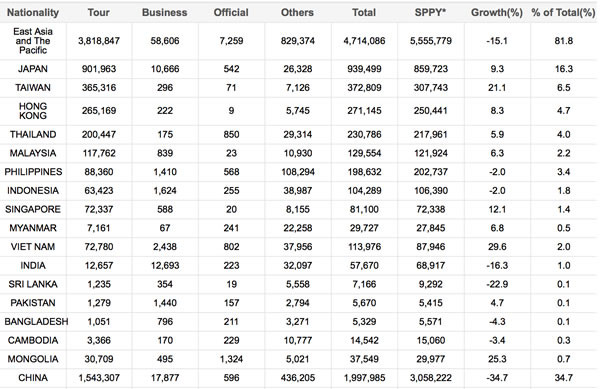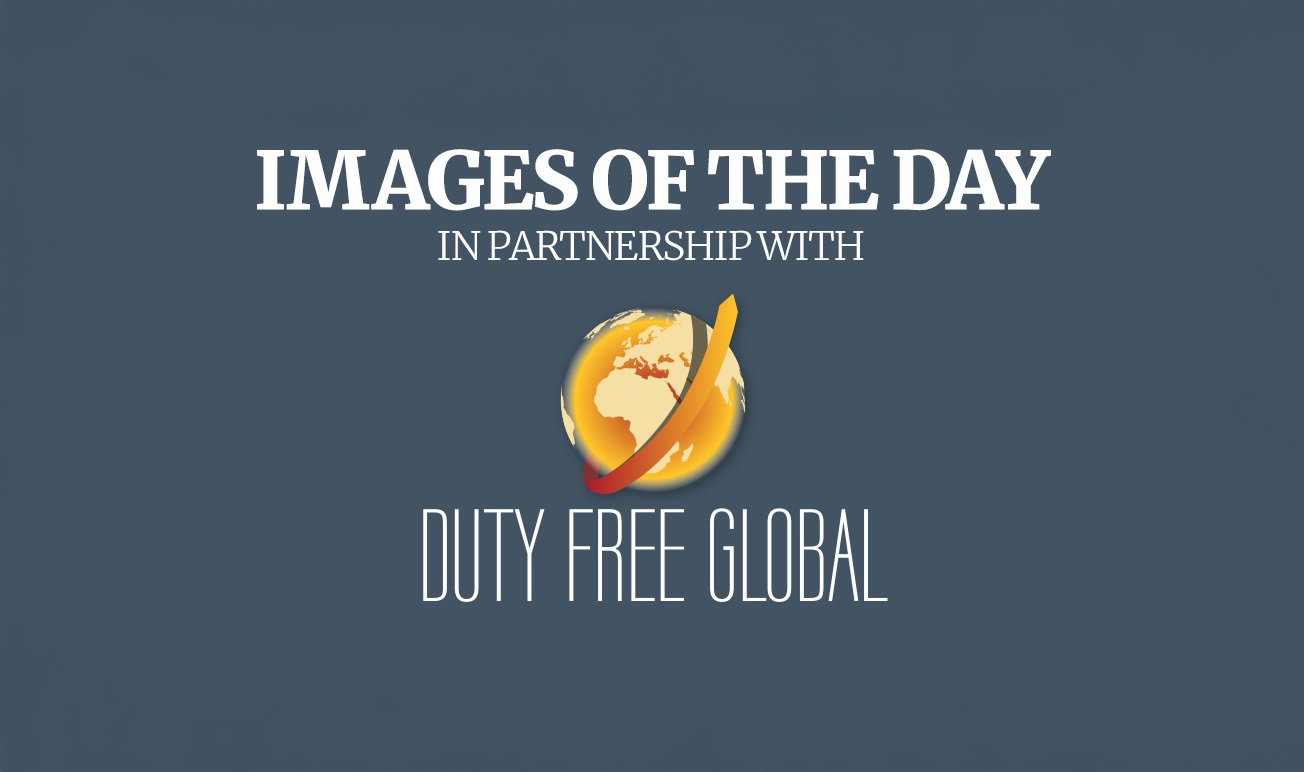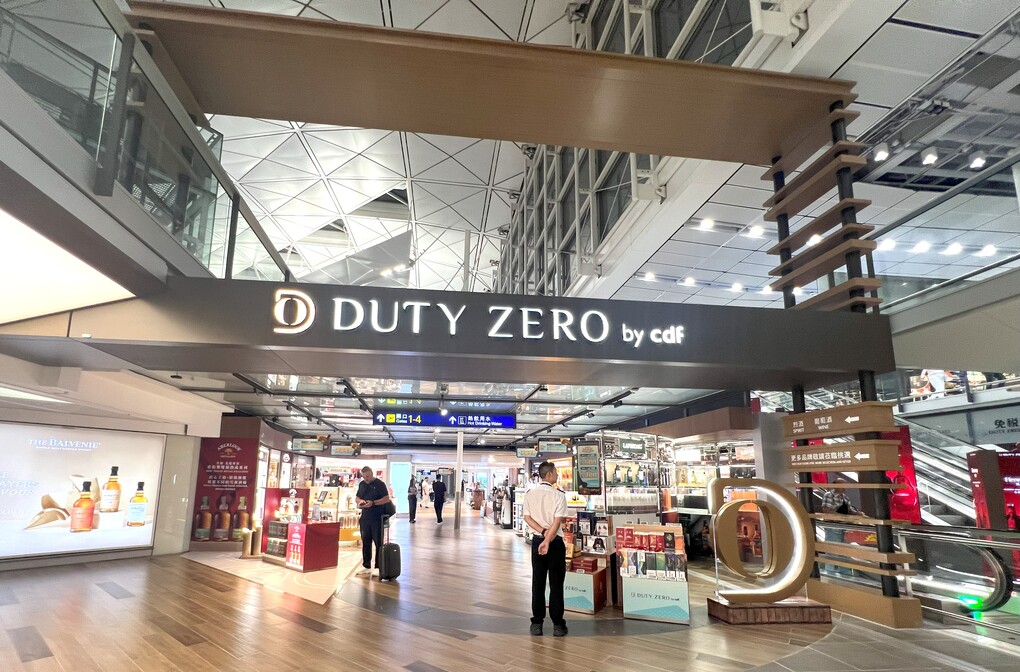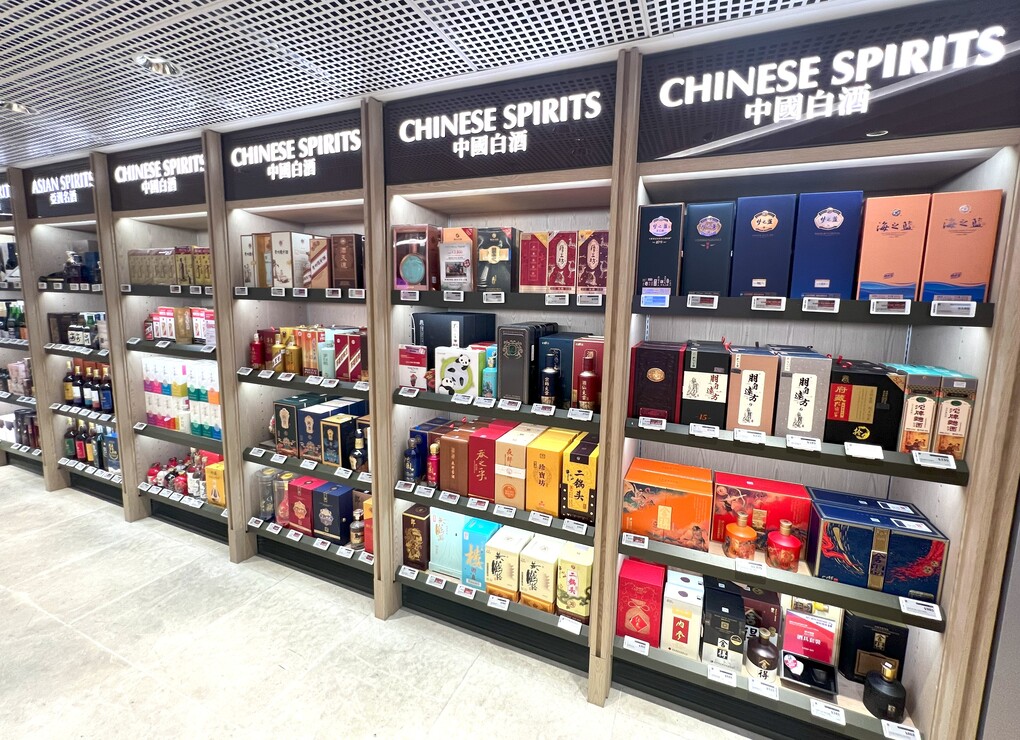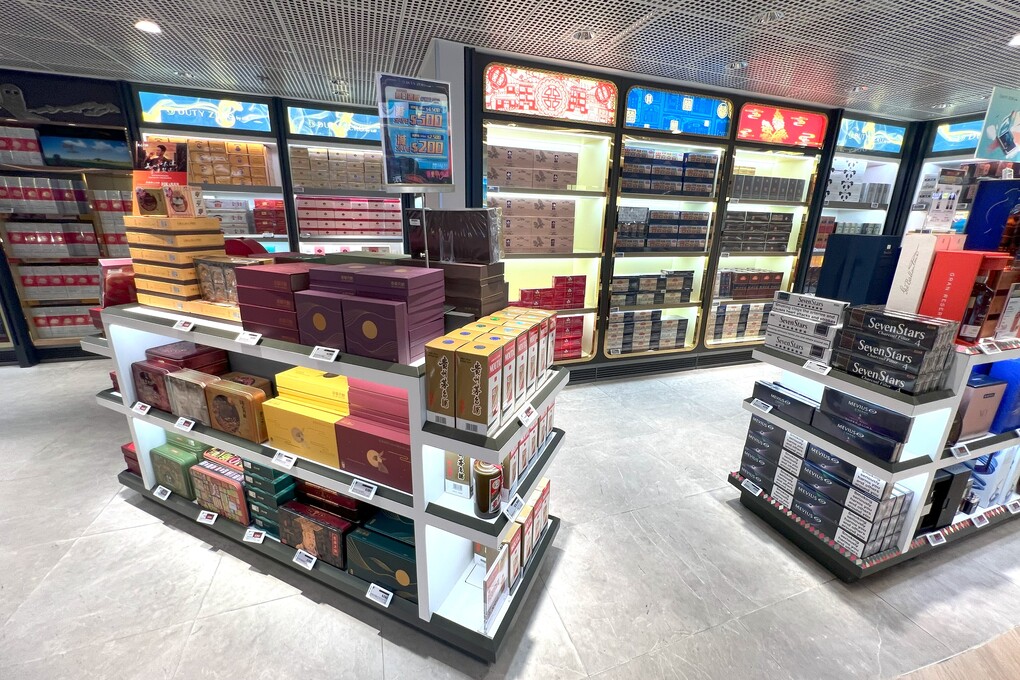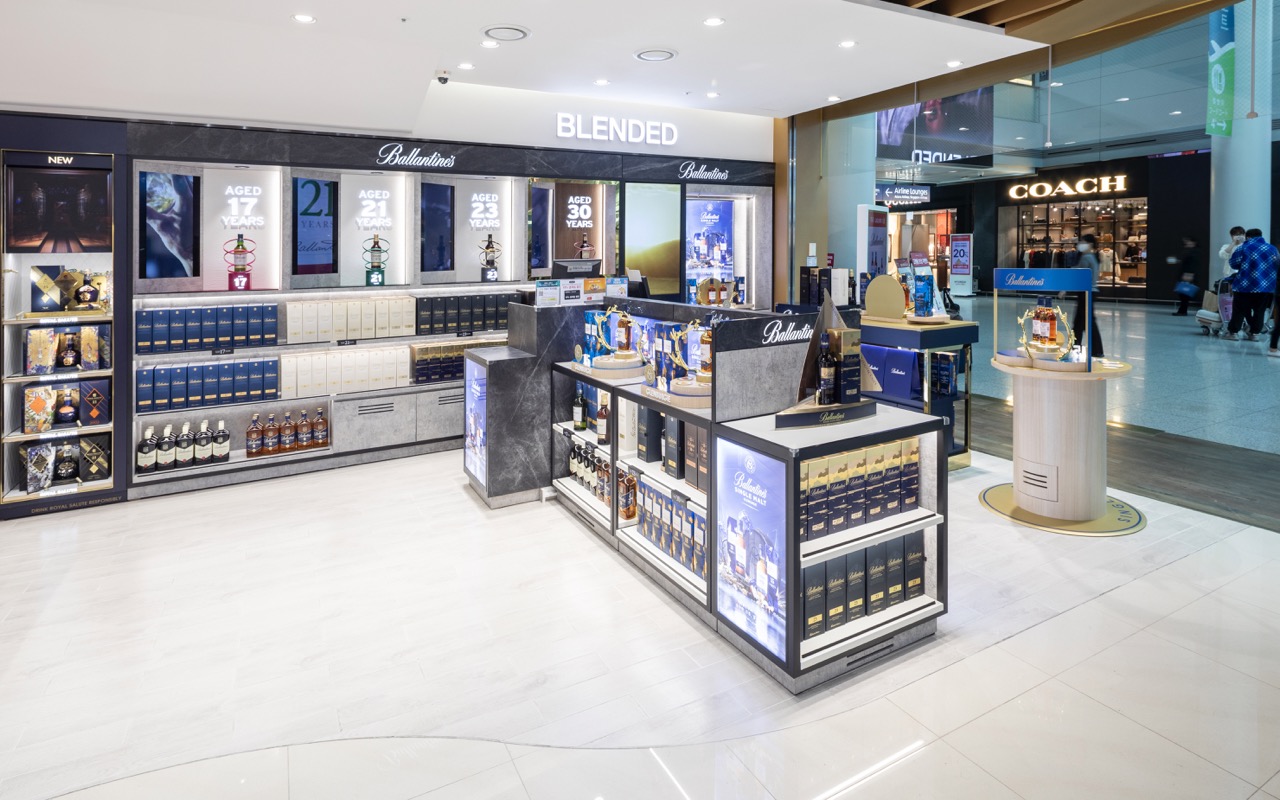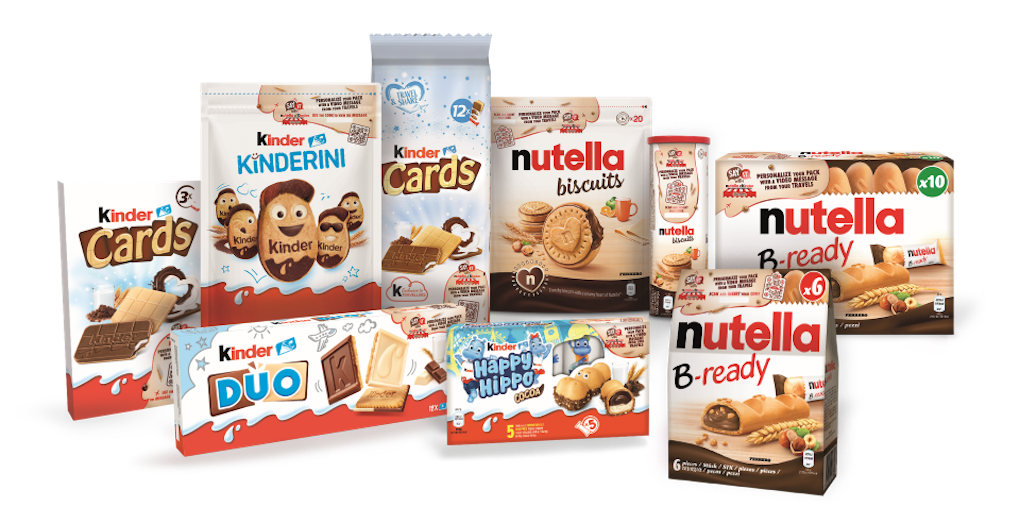
SOUTH KOREA. The travel retail industry plunged into further turmoil today as the Board of Audit and Inspection (BAI) accused Korea Customs Service (KCS) of unfair interference and discrimination in the assessment of downtown duty free licences in Seoul in 2015.
The sensational allegations focus on claims that the KCS discriminated against sector giant Lotte Duty Free in assessing bids for new and existing licences.
As The Moodie Davitt Report reported, the KCS awarded four duty free licences in Seoul (three) and Busan (one) in November 2015.
In a major shock, Lotte Duty Free lost its lucrative Lotte World Tower licence, which was picked up by sector newcomer Doosan Group. Long-established SK Networks (WalkerHill Duty Free) missed out in Seoul to Shinsegae Duty Free.
The KCS decision resulted in the forced closure of Lotte Duty Free World Tower on 26 June 2016. This was despite Lotte having just invested US$256 million on a widely acclaimed store rejuvenation and the fact that the World Tower store ranked as Korea’s third-biggest duty free door with sales of KRW611 billion (US$518 million) in 2015.
“Korea’s duty free market accounts for a whopping 17 percent of the world’s total. The time for the government to exploit the system for political purposes has ended.” – Korea Joongang Daily
![]() The retailer eventually won its World Tower licence back in December 2016 following a successful bid for one of three new Seoul five-year downtown duty free permits
The retailer eventually won its World Tower licence back in December 2016 following a successful bid for one of three new Seoul five-year downtown duty free permits
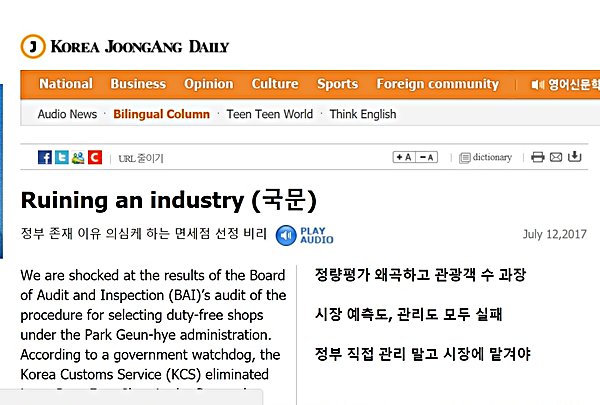
The store reopened on 5 January, 193 days after closure. The company projects sales of KW1.2 trillion (just over US$1 billion) in 2017.
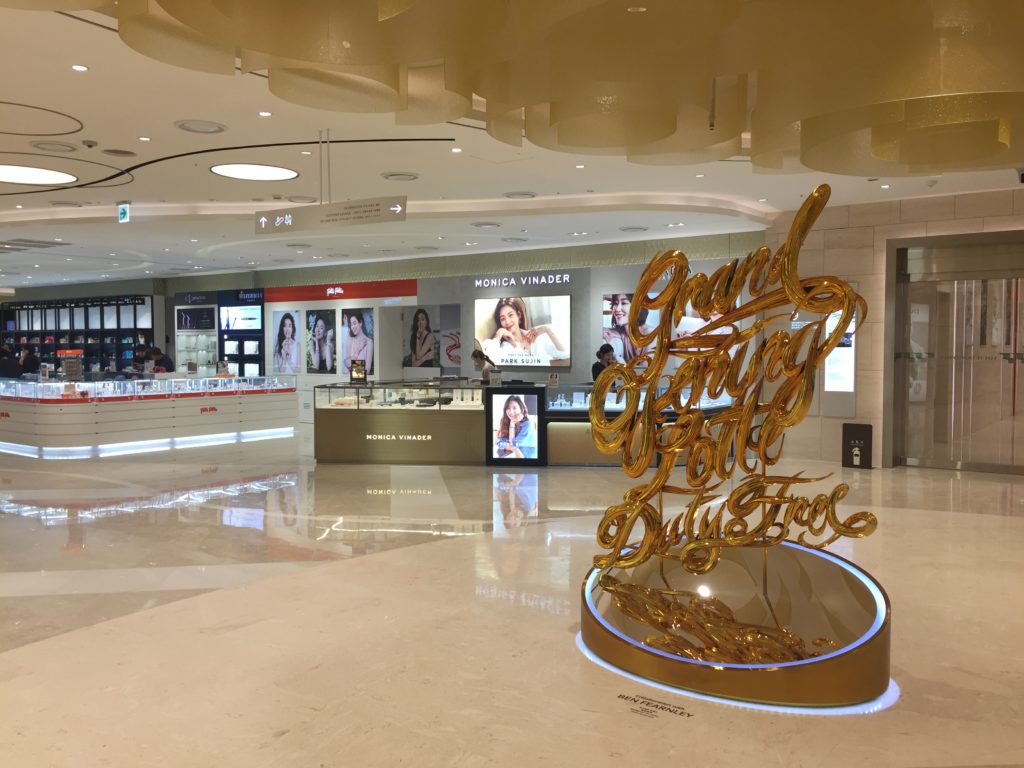
Korean media was dominated today by the BIA revelations, announced yesterday. Widespread reports claim that under pressure from the National Assembly (controlled by now-impeached President Park Geun-hye), the KCS was involved in 13 unfair practices when issuing licences in July and December 2015.
Lotte Duty Free is not issuing a formal statement on the matter but a source told The Moodie Davitt Report that company employees “were in a state of despondency” having learned that the closure of the World Tower store was due to “official misconduct”. At an executive board meeting today in Seoul a heated discussion took place concerning the damage caused by the 2015 licence loss. No conclusion was reached as to remedies because the official investigation continues, the source said.
The reports allege that Lotte Duty Free parent Hotel Lotte Co was awarded “unfair” grades in the July 2015 bid for three new licences, ultimately lowering its points tally to 190, while Hanwha Galleria Timeworld Co received 240 more points than it should have. This allowed the Hanwha Group subsidiary to win a licence and subsequently open a downtown store.
Regarding the November 2015 licensing decision, the BIA believes that the KCS unfairly assessed two criteria while reviewing Lotte Duty Free World Tower’s application. This led to Lotte receiving 191 fewer points than it should have, clearing the way for Doosan’s (now trading as Doota Duty Free) shock victory.
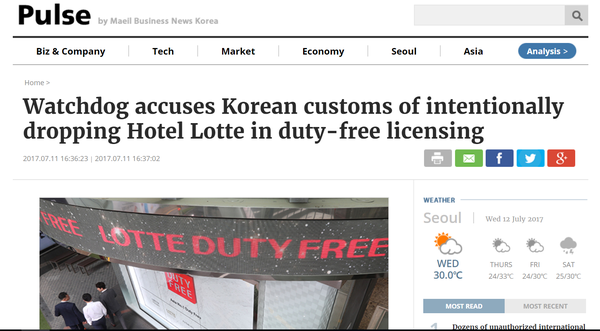
The Korea Times reported that prosecutors have begun an investigation into KCS Commissioner Chun Hong-uk and four former and current staff members of Seoul Main Customs. Chun faces allegations of destroying documents related to duty free store licence evaluations, and of manipulating evaluation scores.
In a hard-hitting editorial this morning entitled ‘Ruining an Industry’, best-selling Korea JoongAng Daily wrote: “We are shocked at the results of the Board of Audit and Inspection’s audit of the procedure for selecting duty free shops under the Park Geun-hye administration.
“According to a government watchdog, the Korea Customs Service eliminated Lotte Duty Free Shop in the first and second rounds of bidding. If the customs service had taken the proper action, Lotte would have qualified for the licence that it was denied. We wonder why the government wanted to give favours to other duty free shop operators by distorting its assessments.”
The report continued: “In some cases, the President’s order was enough to change the whole shape of the industry.”
It continued: “A commissioned study upped the optimum number of additional shops to four from one. A fabricated report gave an overly optimistic forecast of shoppers despite the steep decline in Chinese tourists after the Middle East Respiratory Syndrome outbreak.”
The proliferation of licences has resulted in a doubling of Seoul downtown duty free shops to ten over the past three years. The Moodie Davitt Report led the criticism last year of the licensing process, appearing at a National Assembly hearing in February and warning that such a scenario left the sector deeply vulnerable in the event of a downturn.
That downturn, in fact a full-blown crisis, duly transpired with a vengeance this year due to the row between South Korea and China over President Park’s decision to deploy the US-led Terminal High Altitude Area Defense (THAAD) system.
The deployment (on Lotte land) has led to a disastrous fall in Chinese tourism to South Korea, with year-on-year visitor numbers falling by -40%, 66.6% and -64.1% in March, April and May, respectively. Chinese tourists represented almost one in every two visitors last year and generated some 70% of Korean duty free sales.
Korea JoongAng Daily concluded its editorial leader with a stinging rebuke: “The government provides administrative services for the public good. Licensing duty free shops is no exception. But the BAI’s findings show a critical lack of transparency, sustainability and consistency. Government officials blindly followed a corrupt President’s instructions.”
It said: “Korea’s duty free market accounts for a whopping 17 percent of the world’s total. The time for the government to exploit the system for political purposes has ended. The new government must not forget that market principles count more than ever.”

